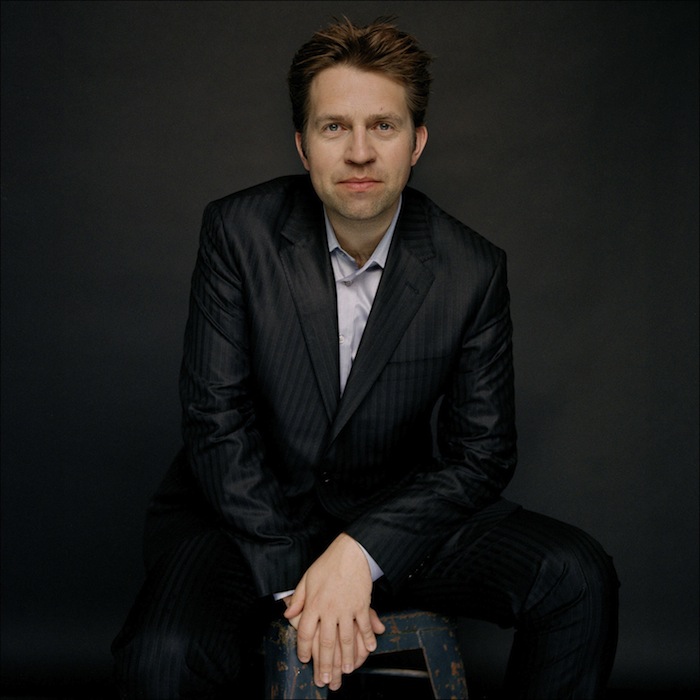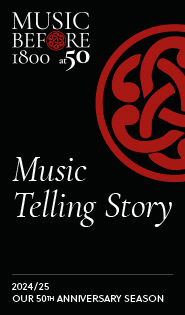At a tense time, Andsnes’s artistry offers healing balm
It wouldn’t be hard for a piano recital to get lost in a week in which the Berlin Philharmonic shows up at Carnegie Hall for a complete Beethoven cycle. Leif Ove Andsnes, whose recordings of the piano concerti have made him a Beethoven authority in his own right, had the house well filled on Monday evening, nonetheless.
In contrast to the Beethoven binge that’s coming later in the week, this was a richly varied program, showing a Andsnes’ stylistic and technical range.
He even opened with a set by Sibelius, a composer whose works for solo piano are barely known, and the argument he made for these rarities was formidable. The first movement of Kyllikki, a three-movement suite, showed off a robust sound, with a bit of Brahmsian sturm, as well as a broad range of colors both here and in the world-weary Andantino. The sprightly closing vignette betrayed a sly wit—at one point, Andsnes paused ever so slightly before returning to the main theme, as though trying to grasp the next word of a sentence.
The next four selections offered pictures of woodland scenes, and the imagery of rustling leaves was vivid, whether in the gentle breeze of “The Birch Tree” or the firm gusts of “Forest Lake.” For a moment in “Song in the Forest,” it actually sounded as though a breath of wind passed through the hall (though this may have been a trick of the heating system). A fifth item, “Spring Vision,” was especially striking, as Andsnes spun bright, sighing phrases while maintaining his masterful coloring.
His Beethoven, though impressive on the whole, left a more mixed impression. He developed the opening phrase beautifully, and continued to shine in the Allegro, but some of the passagework was uneven. At his best, Andsnes gave a unique reading of the work—the Scherzo was, on the whole, joyful, but there was an element of manic fury hiding in it as well, accentuated by an enthusiastic treatment of Beethoven’s sforzandi.
In the Debussy that led off the second half, the impeccable construction of Andsnes’s phrases was again the standout characteristic of his playing. In “La soirée dans Grenade” from Eastampes his lines were so natural and finely carved, they sounded almost like speech; in the flow of one line into the next, one could begin to hear a conversation.
The three etudes that followed, though not as engaging musically, were technically impressive. No. 5 in particular, a study in octaves, was spectacularly crisp, each chord jumping effortlessly out of the piano like a flash of light.
Beginning his final set of four Chopin pieces, Andsnes slid into the A-flat Major Impromptu as though gliding across a sheet of ice. He might have pedaled a hair too heavily towards the end, but the glowing hush that he wrought in the final chords was stunning. More of that glow appeared in the F-major nocturne, as the melody in the closing phrases seemed to float, as though in a trance.
The first of two encores, Chopin’s F-minor etude Op. 25, No. 2, ran away slightly, but was otherwise pristine, and the second, the Polonaise in A-flat, Op. 53, was a perfect end to the night, a wonderful rendition bursting with swagger, pomp, and even a hint of schmalz.
__________
Entering Carnegie Hall on Monday, one encountered something rarely seen at the venue: attendants manned the doors with metal-detector wands, while guards in plainclothes roamed the halls, chattering on radios. The precaution was of course understandable, as well as unobtrusive, but it was an unnerving reminder of the weekend’s tragedy in Paris and the possibility for such events to occur in the public places that we cherish; in the early part of the recital, it was even somewhat difficult to focus just on hearing the music.
But Monday’s terrific performance was also a reminder of why the experience of live music-making is so vital, and after two hours, the world seemed almost set to right again.
Thank goodness for Carnegie Hall and our many other artistic temples, which continue to provide essential artistic engagement, even at these difficult times.




